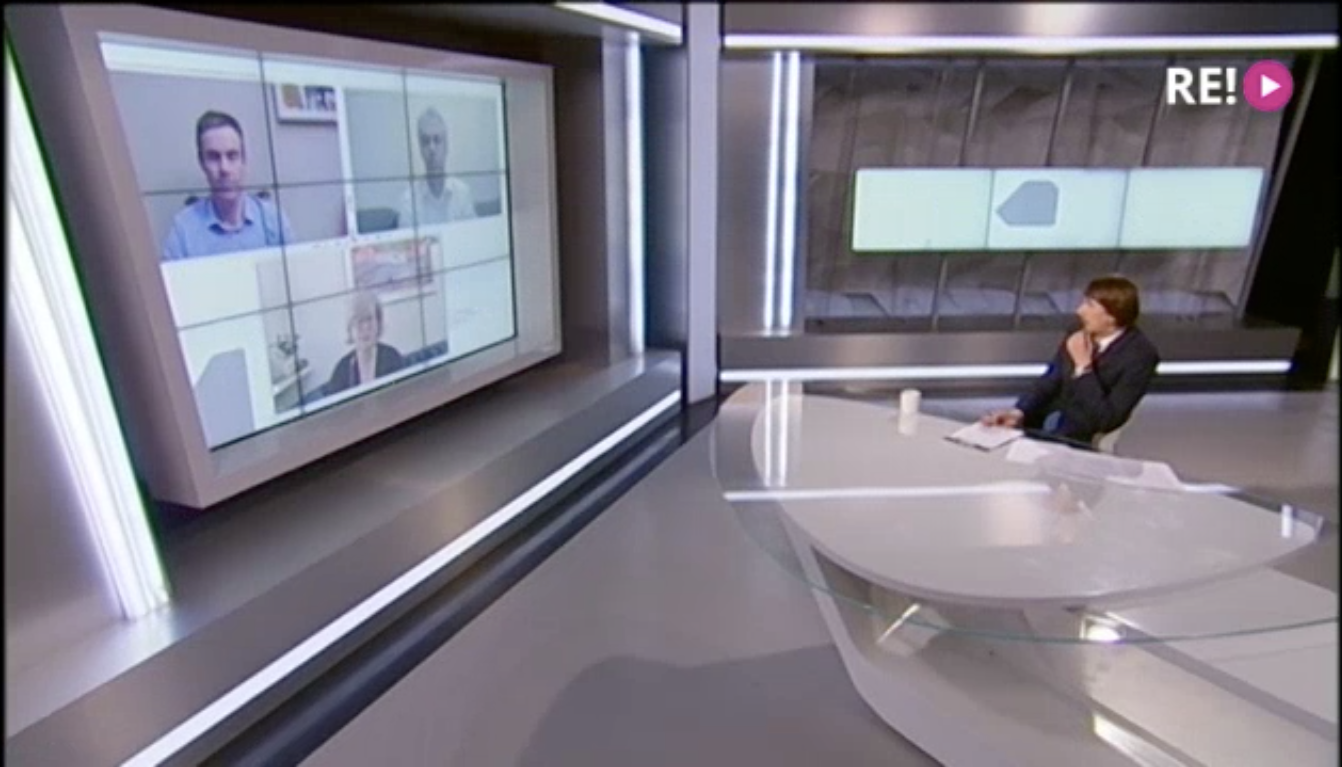Models of various scenarios have been developed throughout the world to try and predict the course of the spread of the coronavirus, but the Health Ministry's head specialist, infectologist Uga Dumpis said that models don't always work. They can, however, help us prepare for next winter and determine how to strengthen monitoring, diagnostics and hospital capacity. Up to now the infectologist has been pleasantly surprised about the situation in Latvia.
“We were looking at other countries and were afraid the same could happen here. I thought we've been successful with such coexistence. We have to learn to coexist a bit better. We have to improve something economically a bit, how we work,” said Dumpis.
The infectologist stressed that we have to continue along the road we've started, also figuring out such things as how to develop access to outpatient medical services and how to send children to school in the fall. Although we could possibly loosen the restriction for summer, certain restrictions could stay in place through the end of the year, an opinion that's shared by Centre for Disease Prevention and Control (SPKC) expert Jurijs Perevoščikovs.
“While there are no medical measures – nor a vaccine, nor medication, we're left with only non-medical measures. Observing distancing and hygiene. We can't come up with anything else at the current moment,” said Perevoščikovs.
Now definitely isn't the time to become complacent towards the spread of the virus either. Taking into account the number of infected persons and the time it takes for illness to develop, according to Dumpis we could possibly see many more Covid-19 patients admitted to the hospital at the end of April.
“At the moment and, most likely, in the near future we won't be able to return to those freedoms, which we had before the epidemic,” said Dumpis.
Perevoščikovs enumerated the main prerequisites for loosening restrictions: firstly, stable epidemiological data showing decreasing spread four weeks in a row; and second, a healthcare system that's not overburdened by Covid-19.



























